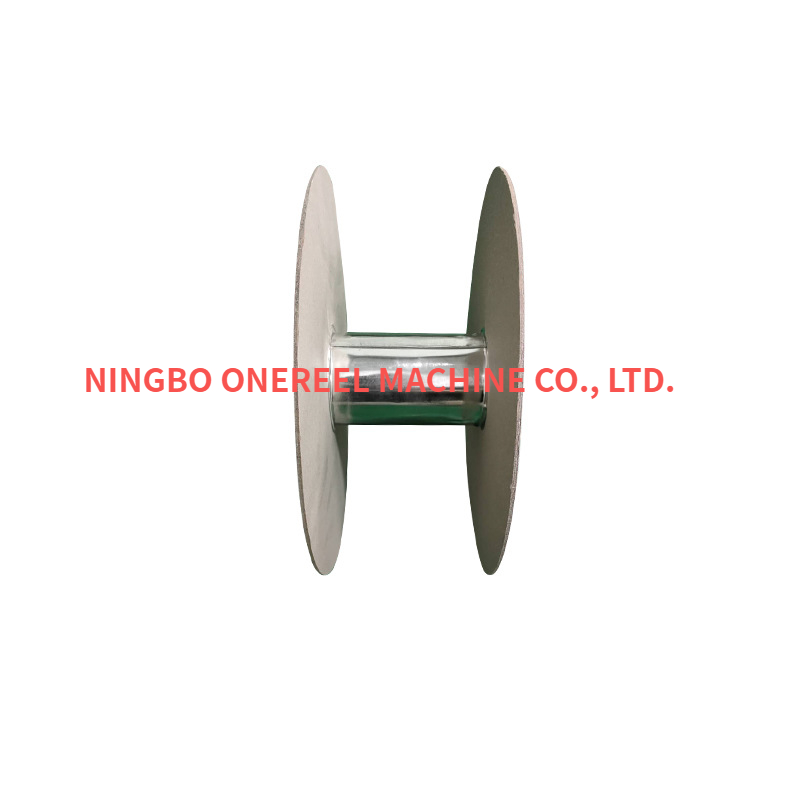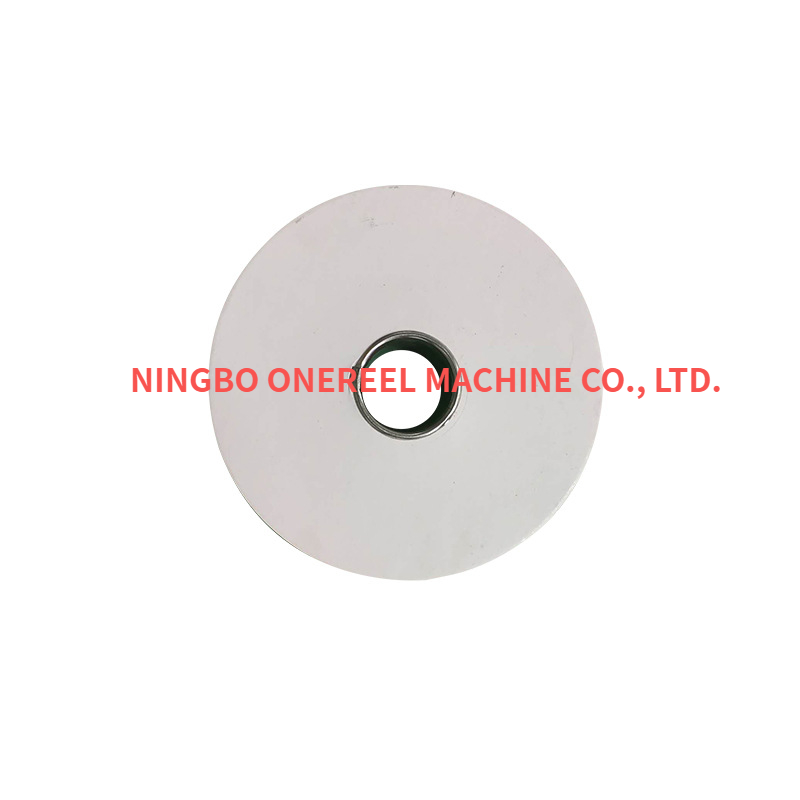
Privacy statement: Your privacy is very important to Us. Our company promises not to disclose your personal information to any external company with out your explicit permission.
Tinplate cardboard wire reels have undergone significant evolution over the years, driven by advancements in materials, manufacturing techniques, and industry requirements. From their humble beginnings as simple wire storage solutions to their current sophisticated designs, these reels have continually adapted to meet the changing demands of modern industries.
Historical Development:
The history of tinplate cardboard wire reels traces back to the early 20th century when industries began seeking alternatives to traditional wooden and metal reels. The combination of cardboard and tinplate emerged as a viable solution, offering a lightweight yet durable alternative for storing and transporting wires. Initially, these reels were relatively basic in design, primarily serving the purpose of containment and protection during transit.

Technological Advancements:
Over time, technological advancements have revolutionized the manufacturing process of tinplate cardboard wire reels. Innovations in cardboard manufacturing techniques have led to the development of stronger and more resilient cardboard materials, capable of withstanding greater loads and environmental conditions. Simultaneously, improvements in tinplate coating technologies have enhanced the corrosion resistance and longevity of these reels, ensuring prolonged usability in various industrial settings.

Customization and Specialization:
Modern tinplate cardboard wire reels are highly customizable to suit specific industry requirements. Manufacturers offer a range of options regarding reel dimensions, core sizes, and tinplate thickness, allowing businesses to tailor their packaging solutions according to the type and quantity of wire products being transported. Moreover, specialized features such as reinforced edges, flanges, and locking mechanisms have been introduced to enhance the safety and efficiency of wire handling operations.

Environmental Considerations:
In recent years, there has been a growing emphasis on sustainability and environmental consciousness in the manufacturing sector. Tinplate cardboard wire reels have responded to this trend by incorporating recyclable materials and eco-friendly coatings into their design. This shift towards sustainable practices not only reduces the environmental footprint of reel production but also aligns with the sustainability goals of many modern businesses.

Future Outlook:
Looking ahead, the evolution of tinplate cardboard wire reels is likely to continue as industries embrace digitalization, automation, and smart packaging technologies. Integration with IoT (Internet of Things) devices for real-time monitoring of wire inventory and condition may become commonplace, further enhancing operational efficiency and product traceability. Additionally, advancements in material science may lead to the development of even lighter yet stronger reel designs, offering unprecedented levels of performance and sustainability.
Conclusion:
In conclusion, the evolution of tinplate cardboard wire reels reflects the dynamic nature of modern industry, driven by innovation, technological advancement, and environmental consciousness. From their inception as basic wire storage solutions to their current state-of-the-art designs, these reels have continually adapted to meet the evolving needs of businesses worldwide. As industries continue to evolve, tinplate cardboard wire reels are poised to play a central role in facilitating the efficient storage, transportation, and dispensing of wire products in the years to come.

Privacy statement: Your privacy is very important to Us. Our company promises not to disclose your personal information to any external company with out your explicit permission.

Fill in more information so that we can get in touch with you faster
Privacy statement: Your privacy is very important to Us. Our company promises not to disclose your personal information to any external company with out your explicit permission.